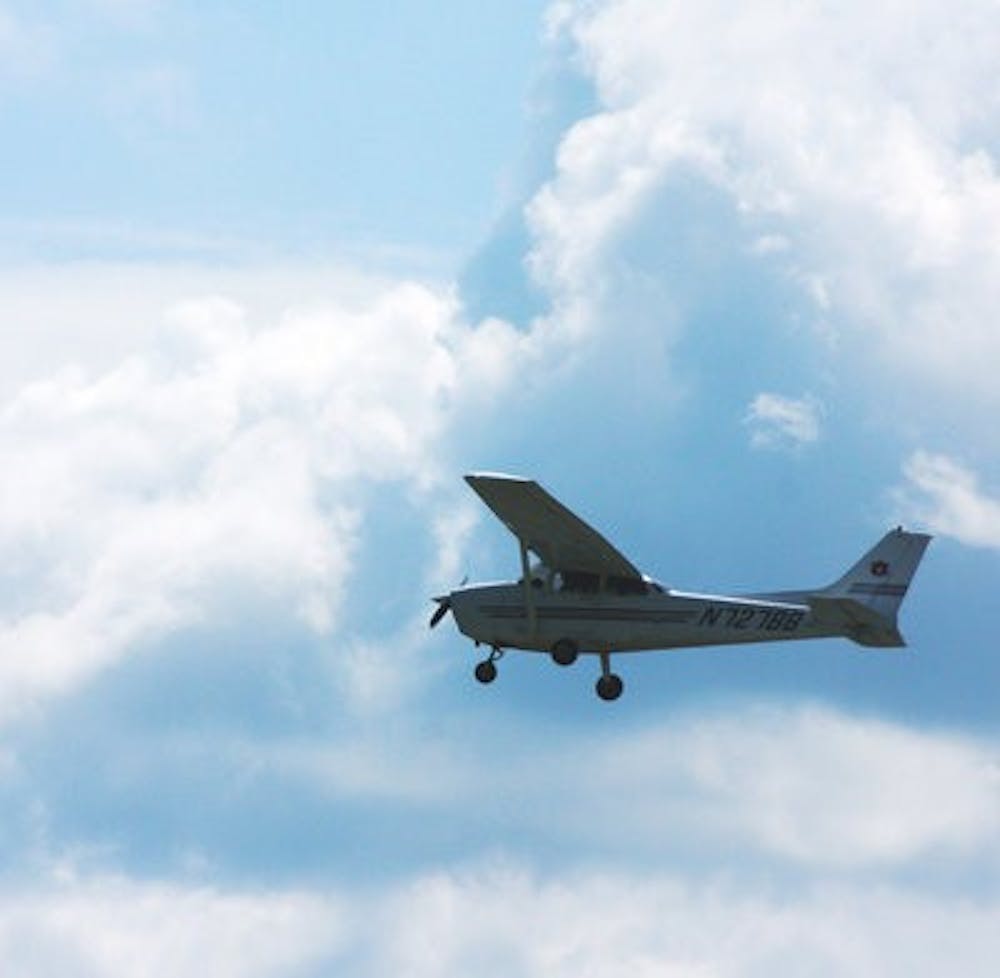After a close call of possible termination in 2013, the oldest continually running aviation program in the nation was reaccredited this month by the Aviation Accreditation Board International, AABI.
The AABI accreditation will hold for five years.
The program was on temporary probation because it did not have enough faculty members to teach classes and it needed a new training facility.
Blake Schuette, flight instructor and senior in marketing and management, said AABI put Auburn's program on probation to see if the University was going to take the necessary steps to fund the program.
"The students need a more efficient place to get their work and training done," Schuette said. "The fact that all of that was set up or in progress is what gave us back the accreditation."
The program was also in danger of termination because the dean of aviation passed away around the same time an aviation professor left.
"There were just a lot of things happening at one time and that kind of put us in a hole," said Nick Plagenhoef, flight instructor and senior in aviation management.
According to Jason Mohrman, Auburn aviation alumnus, the Board of Trustees approved an architect for the new training facility that will break ground within the next year.
Last year, aviation students and alumni put together multiple shock campaigns to get the University's and the state's attention about what was going on in the program.
"We got industry leaders involved and then federal and state officials," Mohrman said. "It was a great effort from the Auburn Family to rally behind this program."
Schuette said the campaigns started to see results when Robert Bentley, governor of Alabama, got involved.
"The hiring of faculty came not long after the governor became aware of the situation," Schuette said. "We currently have three faculty members right now and we're getting a couple more in the fall. They are all qualified in different ways, which makes the program even more well-rounded."
Plagenhoef said the year-long accreditation process took as long as it did because it speaks to how well AABI evaluates universities.
"It's a meticulous process," Plagenhoef said. "(AABI) went back every six months and told the University its facility at the airport wasn't good enough and that it needed to add more airplanes to its fleet."
The ABBI accreditation allows students who graduate from those accredited programs to need less flight hours before going into a career in aviation.
"It puts Auburn students at an extreme competitive advantage throughout the industry," Mohrman said.
Plagenhoef said the accreditation makes Auburn one of the top four flight schools in the nation.
"That fact makes it attractive for any high school students wanting to pursue aviation," Plagenhoef said. "The accreditation definitely makes the University more reputable."
Mohrman said the reaccreditation would not have been possible without extensive industry support.
"In less than a year, we have gone from saving the program and getting it accredited to moving forward with a multi-million dollar aviation education building," Mohrman said. "The outpouring of support has been unprecedented and the program is set for expansion and additional partnerships."
Schuette said the program's success in the future is a reflection upon upper management's interest in the aviation program.
"They will put more energy in what is important and what is on their minds," Schuette said. "[The aviation program] turns out very qualified well-rounded candidates for positions and I wouldn't want to see that go."
Do you like this story? The Plainsman doesn't accept money from tuition or student fees, and we don't charge a subscription fee. But you can donate to support The Plainsman.





